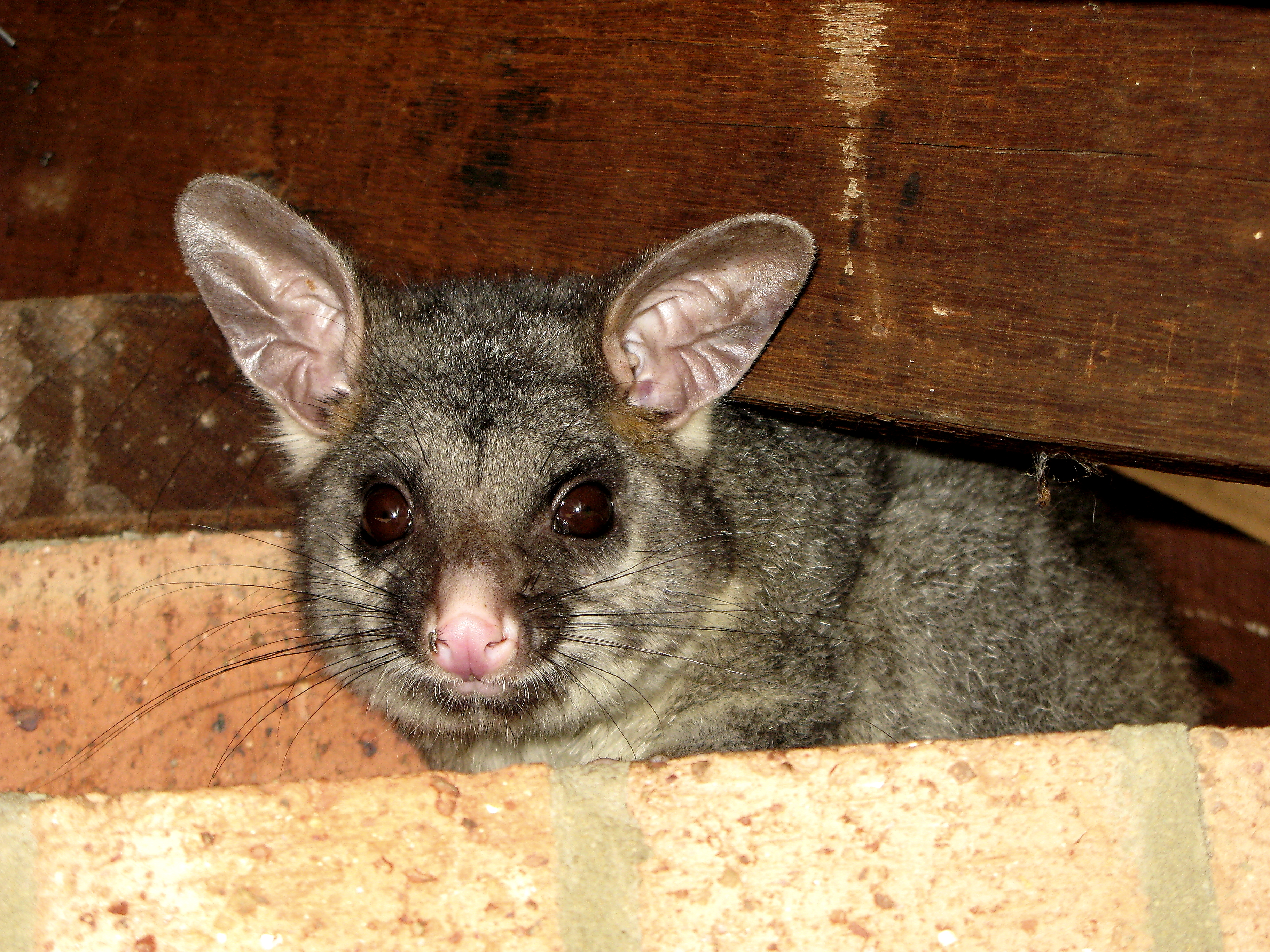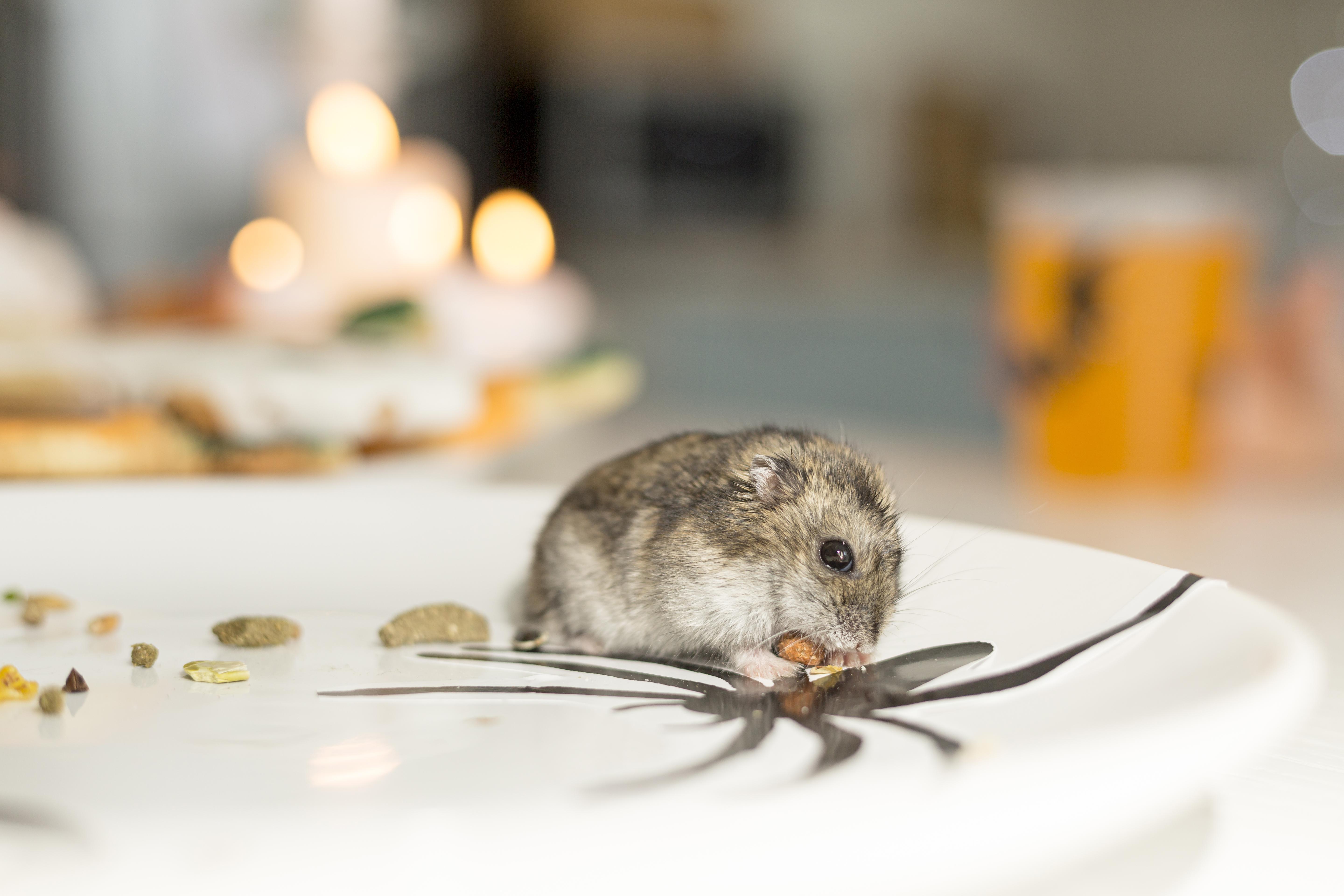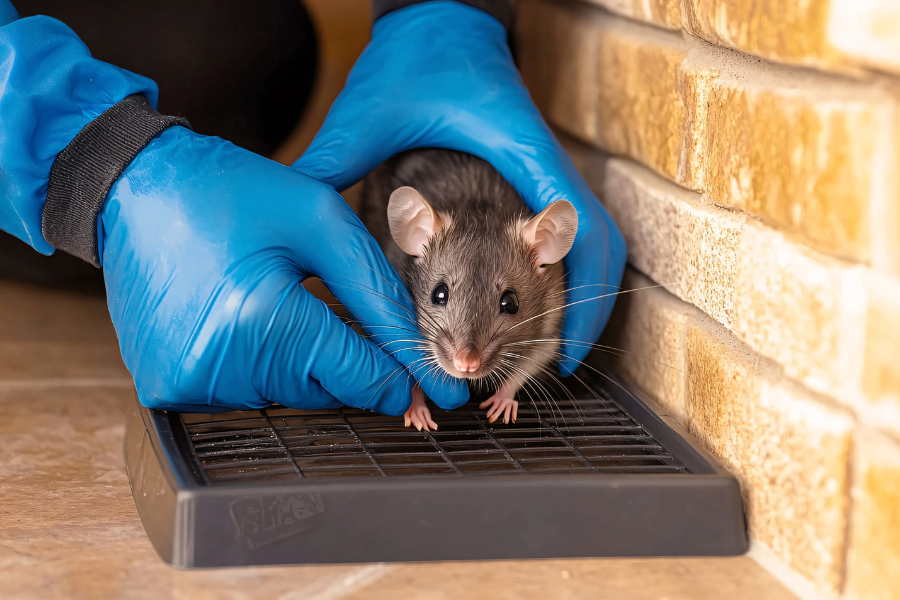It is disturbing to hear the sound of scratching in the ceiling. Be it rats or possums, it is important to establish the culprit to avoid further damage and threats to human life. At Sherlock Pest Control, we know that it is important to respond swiftly in matters related to these pests. With the help of this article, you will know how to identify which signs to notice to decide whether it is the rats or the possum, and take the appropriate step.
Rats are usually nocturnal; they make quick, sharp noises of scratching. These sounds are fast-moving and gnawing, frequently accompanying them in seeking a meal or making nests. Their calls are stinging and terse, with some rustling tones when they scurry through insulation or beam timbers.
Possums are bigger animals, and they produce deeper and heavier noises. They move around, scratching violently or loudly upon the ceiling. You can also hear the results of jumping, or the thudding sound, because possums can jump in between beams well. The sounds would also be less isometric and, in a way, more pronounced by the size of their heaviness.
Rats are the most active at night, and one can hear them scurry around at night. They are most active in the evening and early morning. Possums can be active both at night and early in the morning, and their movements tend to be more sporadic, but the noise they make is often louder due to their size.
Look for small, dark droppings in hidden areas of the ceiling, as well as gnaw marks on wood, wires, or insulation. There is a propensity among rats to discard shredded pieces of paper, insulation and other soft substances as nesting materials. There may also be small holes or cracks on the ceiling, showing the points of their entry.
Possums leave larger, elongated droppings compared to rats. Branches, leaves, as well as other rubbish, constitute their nest, which is usually spotted in the roof cavity. The presence of greasy fur patches in the areas around the possible points of entry suggests the movement of possums, whose fur has an oily coating.
Rats build nests in secluded, hidden parts of the ceiling, often using materials like shredded paper, insulation, and fabric. Possums, on the other hand, create larger nests from twigs and leaves and are often found in roof cavities, behind beams, or insulation.
Some of the diseases that are brought along by rats include leptospirosis, salmonella, and bantavirus. Their urine and droppings may pollute the air, leading to breathing complications. The rats also chew electrical wires, thus risking fire accidents in the house. Neglecting rat infestation may exhibit significant health concerns.
Possums do not pose a great risk of spreading diseases in comparison to rats, but they may result in serious structural damage. Possums may also penetrate roofing or fascia boards through which water may leak and pests may penetrate. They are also able to introduce fleas, ticks, and other parasites into your ceiling.
The rats chew through the wood, wire, and insulation and undermine the integrity of your ceiling. Possums are more destructive, larger, and leave holes in the fascia boards or roof. The destruction of both can cause water intrusion, mould formation, and expensive solutions to fix your roof structure, along with insulation.
Rats breed quickly, so it’s essential to act fast. Professional pest control services can assess the situation and remove rats, offering solutions such as traps and poison, depending on the severity of the infestation. These experts will also seal entry points to prevent rats from re-entering your home, ensuring long-term peace of mind.
Possums are protected under Australian wildlife law, meaning you cannot remove them without a permit. Humanely relocation of possums and sealing up their access points to entry can be done by professional Possums pest control experts to ensure that they do not turn up again. They will make sure that they do not violate the local rules on wildlife, keep your home safe, and ensure that possum removal is handled safely.
Constant monitoring is important even in the post-pest eradication situation. Often, checking your roof would also reveal any new activity in your house in order to keep your house free of pests. Proactive steps such as sealing gaps and trimming trees will ensure that the rats and possums do not come back.
All gaps and entry points that could be used by rats and possums should not be left open to avoid further attacks. This involves patching roof holes, fixing cracks on the window frames and vents, and making sure nothing can get up in your attic or ceiling. Ensuring the proper sealing is important in ensuring that pests are kept off.
It is essential to conduct regular roof and ceiling inspections in order to identify the problem of pests early. A professional inspection will assist in detecting cracks, holes, and other weak spots that pests may use to penetrate. Scheduling of inspections will also enable you to identify damage at its initial stage, as concerns can be resolved before they develop into costly fixes.
Have the trees, bushes, and plants trimmed around the roofline since they offer easy access to rats and possums. Also, it is a good practice to ensure food sources like garbage or pet food are well put away to prevent the attraction of pests. Taking care of your yard and keeping it clean would help to decrease the likelihood of pests having access to your house.
Hearing scratching noises in your ceiling can be a sign of an infestation, whether it’s rats or possums. Identifying the source is essential to taking the right action before further damage occurs. At Sherlock Pest Control, we specialise in the safe removal of both rats and possums, ensuring your home remains protected. If you’re hearing persistent scratching noises, contact us today to schedule an inspection and secure your home from unwanted pests.



Rats are more likely to produce quick, sharp scratching noises, while possums make deeper, thumping sounds. Look for smaller droppings and gnaw marks for rats, or larger droppings and nests made of twigs for possums.
No, possums are protected under Australian law, so it’s illegal to remove them without a permit. Always contact a professional pest control service to ensure possums are removed humanely and according to the law.
If you hear scratching, check for signs like droppings, gnaw marks, or nests in your ceiling. If you’re unsure, contact a professional pest control service to investigate further and safely remove the pests if necessary.
Seal any cracks or gaps in your ceiling, roof, and walls. Regular inspections and proper maintenance of your outdoor areas, such as trimming trees and securing food sources, will help prevent both rats and possums from finding access points into your home.
Yes, rats can chew through electrical wires, which can cause fires and damage to your electrical systems. It’s important to address any rat infestation quickly to prevent this risk. If you have a rat infestation, it’s crucial to act fast to avoid significant damage.